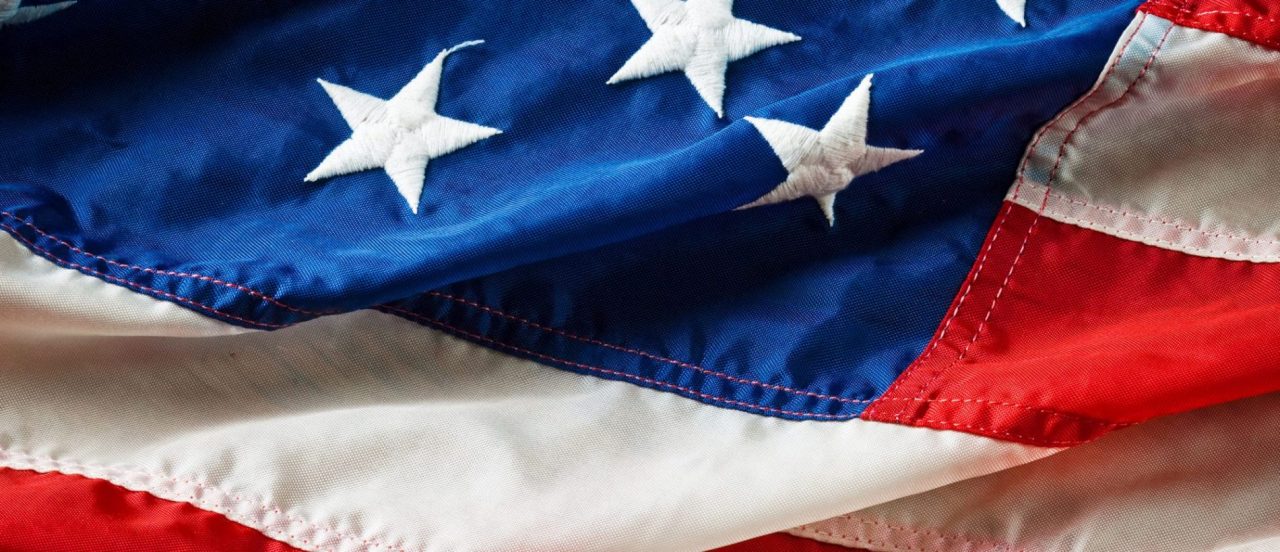Sarah Oxenham Allen is Chair of the National Association of Attorneys General Antitrust Taskforce and Senior Assistant Attorney General and Antitrust Unit Manager at the Office of the Virginia Attorney General.
By Sarah Oxenham Allen1
I want to thank Competition Policy International for soliciting and including state voices again this year for a States’ Edition of the Antitrust Chronicle. I think it is important to add State opinions, priorities, and recent enforcement actions to those of the federal and international antitrust enforcers, as well as to highlight the great writing talent among state antitrust attorneys. For those two reasons, I sought to incentivize more advocacy writing when I became Chair of the National Association of Attorneys General (“NAAG”) Antitrust Taskforce by changing the name and focus of our Amicus Committee to the Multistate Writing Committee. I also introduced the Chair’s Writing Award, given annually to the primary authors of a well-written and impactful article or amicus brief that had been published or filed within that fiscal year. The inaugural Chair’s Writing Award for the 2019 fiscal year was awarded to Nicholas Grimmer and David Ashton of Texas and Max Miller of Iowa as principal authors of the bipartisan, 31-state amicus brief in Apple v. Pepper, which advocated for the Supreme Court to overrule the Illinois Brick ban against indirect purchaser damages.2 The brief was thoughtful and persuasive in its detailed arg
...THIS ARTICLE IS NOT AVAILABLE FOR IP ADDRESS 216.73.216.13
Please verify email or join us
to access premium content!

